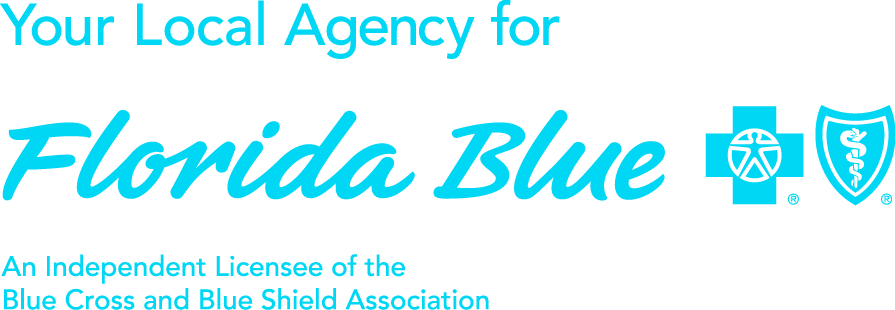Insurance Basics for Small Businesses
Not having insurance is risky business. It's an expense that many business owners deem unnecessary, but adequate insurance coverage in times of loss is invaluable. As a small business owner, only you can decide what type of insurance coverage is best for your business. You must take stock of the physical and personal property while protecting your assets with a policy that matches your business's needs.
Fire, theft, and other emergencies cause costly interruptions to your business activity which is why it is recommended to protect your physical business assets with a Business Owner's Policy or Property Insurance. Additionally, you need to consider Worker's Compensation in case employees are injured on the job.
General Liability Insurance
Business owners should consider General Liability Insurance in the case of injury to a person or to someone's property that occurs at your place of business. Entrepreneurs who work in the service sector should consider Professional Liability Insurance to protect themselves financially against claims of negligence, errors, omissions, or wrongful acts in the performance of their duties.
Health and Disability Insurance
Business owners should also invest in Health and Disability Insurance - god forbid any unforeseen medical expenses come about and cause a serious financial burden. Additionally, entrepreneurs with partnerships and businesses that rely on a key employee should consider purchasing Keyman's Insurance in case that employee becomes unable to work.
Whichever type of insurance coverage you choose be sure that the policy contains all the coverage your business needs. Let Elliot Glass cut down on your insurance expenses by avoiding duplicate coverage. Use due diligence while evaluating different policies from different insurance providers. It's very imperative to read the policy and understand it fully before buying and signing any insurance agreements, as the insurance provider may deny claims if certain conditions are not met on the part of the policy holder.
‹ Back






